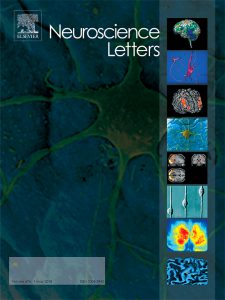The Human Sensorimotor Control Laboratory (HSCL) directed by Juergen Konczak, Ph.D., professor in the School of Kinesiology, recently published in the journal Neuroscience Letters. Yu-Ting Tseng, Ph.D. a former lab member of HSCL, is the primary author of the article. Their study, titled “Wrist position sense acuity and its relation to motor dysfunction in children with developmental coordination disorder” is about developmental coordination disorder and examined the relationship of wrist proprioceptive impairment with fine motor and balance function.
Developmental coordination disorder (DCD) is a neurodevelopmental disorder that affects about 6% of school-age children. It is characterized by uncoordinated movements and poor motor skill learning. DCD significantly interferes with a child’s activities of daily living and academic performance. It has long been assumed that impaired body awareness (proprioception) is compromised in children with DCD and that proprioceptive deficits underlie the motor problems in children. This is the second study in a series that objectively assessed proprioceptive status in children with DCD and documents that DCD is indeed associated with a proprioceptive dysfunction, which likely contributes to the motor problems in children with DCD.




